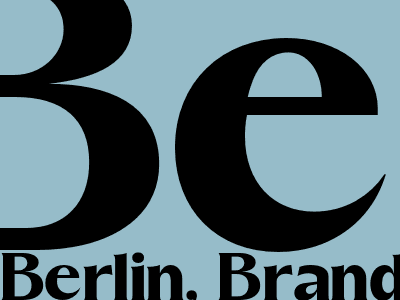
# Berlin, Brandenburg, and Reformation Day ## A Historical Overview **Berlin, the capital of Germany, and the surrounding state of Brandenburg, hold a significant historical connection to the Reformation, a religious movement that profoundly shaped Europe in the 16th century.** ### Brandenburg's Role in the Reformation **Brandenburg, ruled by the Hohenzollern dynasty, played a crucial role in the early stages of the Reformation.** Elector Joachim II Hector, who reigned from 1535 to 1571, initially resisted the Protestant movement but later embraced Lutheranism in 1539. **This decision paved the way for the spread of Protestantism throughout Brandenburg, which became a stronghold of the Lutheran faith.** ### Berlin's Transformation as a Protestant City **The Reformation had a transformative impact on Berlin, which was then a small town within the Margraviate of Brandenburg.** In 1539, the city's first Protestant church, the Nikolaikirche, was established. **Over the following decades, Berlin became a center of Lutheran learning and culture, attracting scholars and reformers from across Europe.** ### Reformation Day Observances **Reformation Day, celebrated on October 31st, commemorates the posting of Martin Luther's Ninety-Five Theses in 1517, an event that sparked the Protestant Reformation.** **In Berlin and Brandenburg, Reformation Day is a public holiday, marked by special church services, historical reenactments, and cultural events.** The Nikolaikirche, where Luther once preached, remains a focal point of Reformation Day celebrations in the city. ## The Legacy of the Reformation in Berlin and Brandenburg **The Reformation left a lasting legacy on Berlin and Brandenburg, shaping their religious, cultural, and political landscapes.** ### Religious Impact **The Reformation fundamentally altered the religious landscape of Berlin and Brandenburg, establishing Lutheranism as the dominant faith.** The Protestant tradition continues to play a significant role in the region, with numerous Lutheran churches and institutions still active today. ### Cultural Influence **The Reformation also had a profound cultural impact, fostering the development of education, printing, and the arts.** Berlin became a hub of intellectual and artistic activity, attracting scholars, writers, and musicians from across Europe. ### Political Consequences **The Reformation had political consequences as well, contributing to the rise of Brandenburg-Prussia as a major European power.** The Hohenzollern rulers, who embraced Lutheranism, used the Reformation to consolidate their authority and expand their territories. ### Conclusion **Berlin and Brandenburg's connection to the Reformation is a testament to the movement's profound impact on German history and culture.** Reformation Day remains a significant holiday in the region, commemorating the religious, cultural, and political transformations that shaped its past and continue to shape its present.